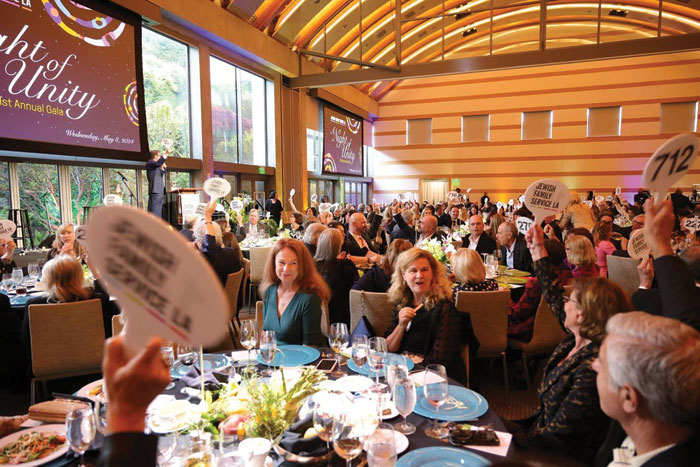 Saul FriedlÃ¥nder, whom some have called a genius, has written an acclaimed two-volume tome on the Holocaust. It’s a personal story for Friedlander, and one I’m eager to read, whenever I can carve out the time for some 1,360 pages.
Saul FriedlÃ¥nder, whom some have called a genius, has written an acclaimed two-volume tome on the Holocaust. It’s a personal story for Friedlander, and one I’m eager to read, whenever I can carve out the time for some 1,360 pages.
Recently honored with Germany’s highest literary award, the Holocaust orphan and UCLA professor was interviewed in Frankfurt by the LA Weekly. Not that revealing, but nonetheless:
You went from fighting with the Irgun [a quasi-terrorist Zionist paramilitary group] to joining the Israeli movement Peace Now. Many Germans feel inhibited when discussing Israelâs behavior vis-Ã -vis the Palestinians, while others believe that embracing Palestinian rights masks a latent anti-Semitism. Whatâs your take?
What youâre talking about is more pronounced in Great Britain or France than in Germany. Criticism is legitimate. But what bothers me at times is a shrillness that gives you a feeling that it is not only based on an analysis of policy but on some deeper emotions â I donât want to say hatred â which comes through acceptable political pretext.
What did the fall of the Berlin Wall add to Holocaust research?
A lot. The opening of Soviet archives gave us an enormous amount of new material because they were keeping for themselves a lot of German documents. Of course, it also exposed the tendency to say, âLook, we spoke enough about Nazis, now letâs see about the second barbarian system in the world, communism and communist dictatorship.â They are so concentrated on their own dictatorship experience that the past before that is already ancient history. It is often a kind of unintentional layering of the other past. So the answer is that you have to study this and you have to study that. You canât replace one with the other.
I hear people say that if fascism ever came back to Germany, it would target the Muslims and not the Jews. Do you agree?
Well, it will not come again to Germany. Of that, I am almost sure. But itâs true thereâs a kind of xenophobia and hatred, possibly more in the former East Germany than in the West, of minorities coming in, mainly from Turkey.
Do you think the U.S. is embracing fascism?
No. Thatâs Philip Rothâs book The Plot Against America, where Lindbergh was a metaphor, I think, for President Bush. I like Roth a lot and I am critical of the U.S. as well, but thatâs much too overstated.
For more from the LA Weekly‘s Holocaust files, there is a story in the paper this week about accusations that famed Los Angeles author Charles Bukowski was a Nazi. Sunday, LA Times book editor David L. Ulin says he was just a bad writer.





















 More news and opinions than at a Shabbat dinner, right in your inbox.
More news and opinions than at a Shabbat dinner, right in your inbox.